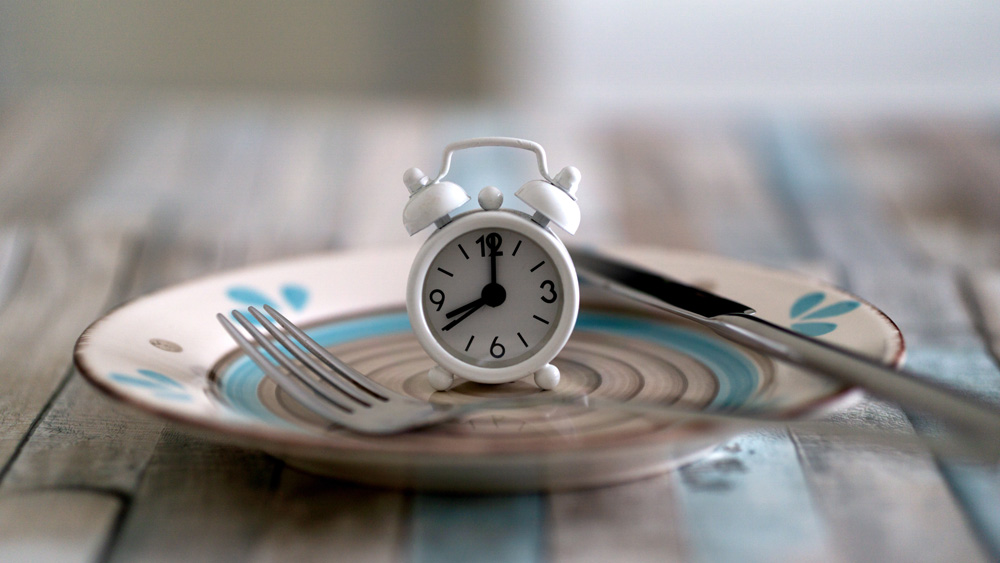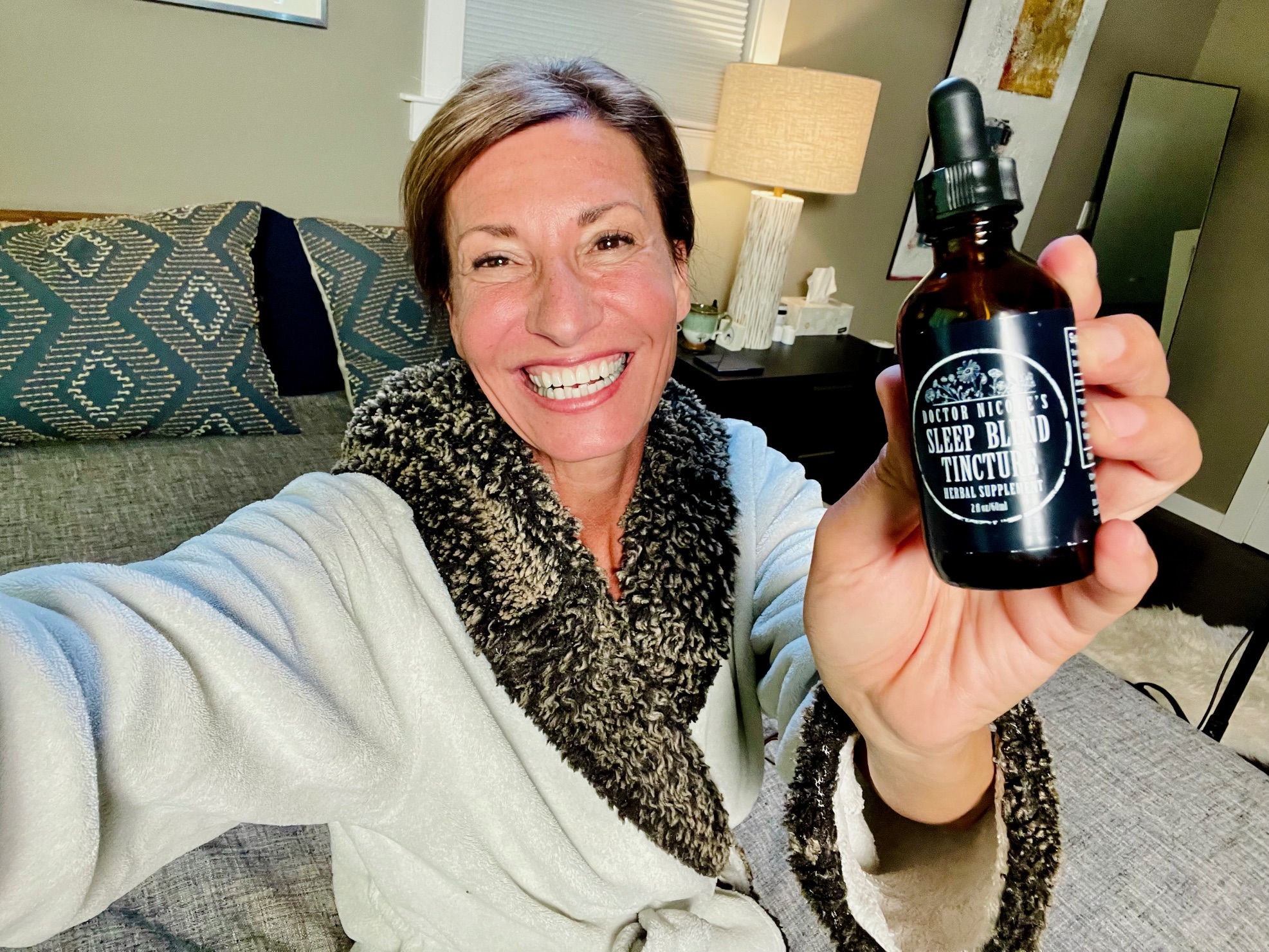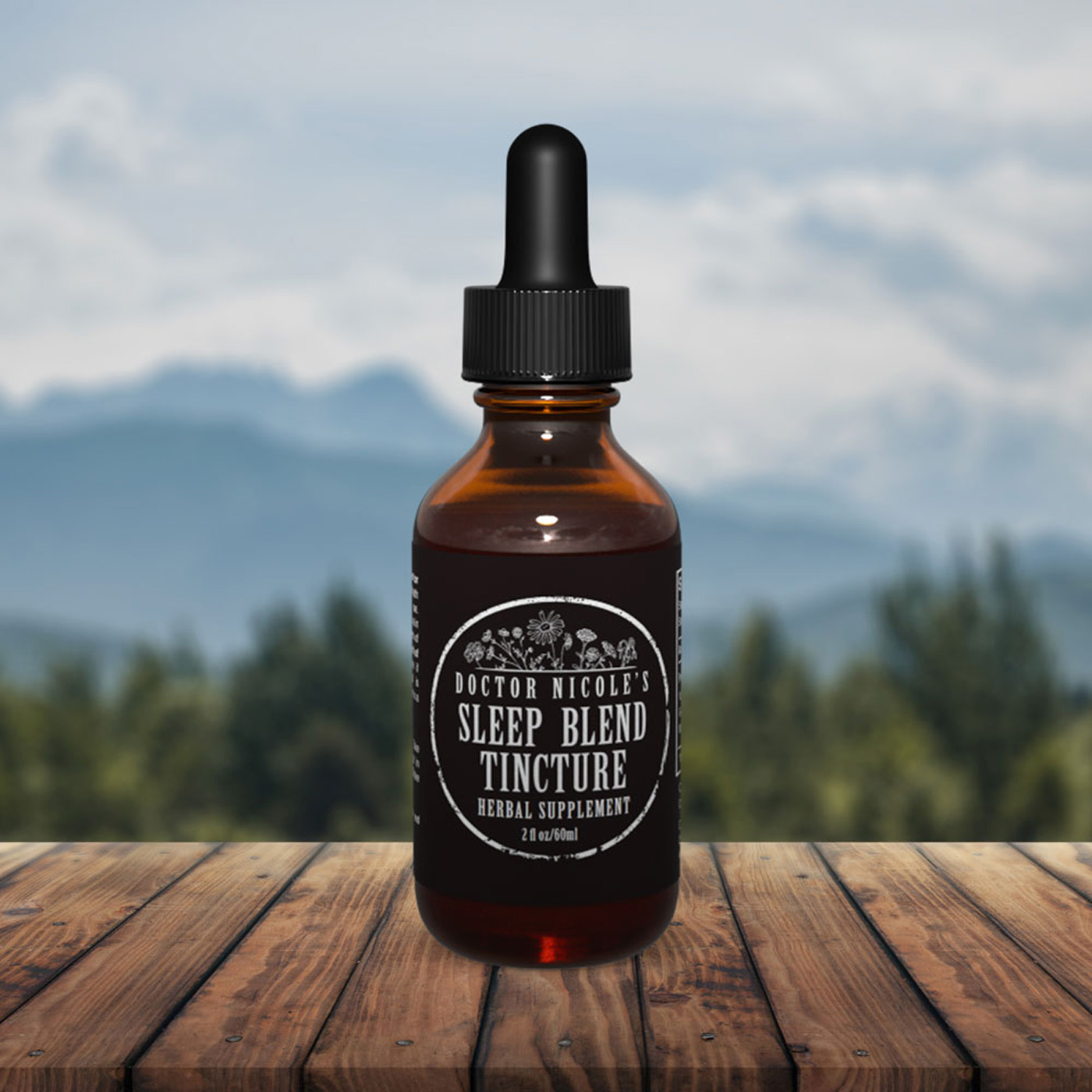Why Your Circadian Rhythm Matters More Than You May Think
Most of us have experienced a jet lag slump after traveling through multiple time zones or when we switch the clocks for daylight savings. This feeling of tiredness is the result of your circadian rhythm being disrupted, otherwise known as your biological 24-hour sleep/wake cycle. Not only do these rhythms shift throughout the day and trigger wakefulness or sleep, but they also play a significant role in hunger signals, digestion, hormonal balance, and body temperature. When our circadian rhythm is disrupted by devices and artificial light at night, international travel, shift work, or daylight savings time, it can lead to health issues such as poor immunity, slower metabolism, and hormonal imbalance. Here we’ll explore the different roles of your circadian rhythm, how it is disrupted, and best practices for supporting healthy balance.

Understanding Your Natural Ebb and Flow
While we may not give much thought to our circadian rhythm, the impact they have on bodily processes is significant. Regulated by the hypothalamus region in the brain, this internal clock regulates when we are alert and awake as well as when it’s time to wind down and go to sleep. Both are closely tied to light from the sun, whether daylight to indicate the time to be active — or during sunset and nighttime to prompt melatonin production and sleep. Interestingly, there are different sleep chronotypes linked to genetics that impact your circadian rhythm.1 This is why some people are naturally night owls, while others are early birds. Some need less sleep or you may be wired for daytime napping. We typically know what rhythm within a 24-hour cycle works best for us, but because social structures tend to encourage daytime productivity, it can cause those of the night owl classification to encounter challenges with mental clarity, efficiency, and true flourishing as they are more restricted in honoring their natural internal clock.
Since circadian rhythms are intertwined with our sleep-wake cycle, once they are disrupted, it can trigger a cascade of issues that impact the following:2
- Metabolism imbalances
- Blood pressure
- Body temperature
- Cellular repair
- Mental clarity
- Immunity
- Hormonal balance
If the disruption causes an ongoing sleep disorder, it can lead to a range of health conditions, such as: obesity, depression, bipolar disorder, diabetes, and seasonal affective disorder (SAD). Symptoms of a dysregulated circadian rhythm largely involve fatigue and exhaustion, sleep issues, poor memory and concentration, digestive upset, pronounced daytime sleepiness, and risky behavior/impaired judgment. Your circadian rhythm can be disturbed by exposure to light at night (including from devices), shift work, jet lag, chronic pain or another medical condition, and social jet lag (when your natural sleep rhythm doesn’t line up with your work or social commitments).
Reset Your Rhythm: Best Practices
There are tangible steps we can take to support a balanced circadian rhythm to improve sleep, metabolism, energy, and overall health.3,4 These include:
- Going to sleep and waking at the same time each day
- Embracing relaxing habits in the evening (reading, hot bath, journaling, listening to soothing music, etc.)
- Limiting artificial light exposure at night
- Avoiding devices and television two hours before bedtime
- Eating at the same time every day
- Making sure to get exposure to outdoor sunlight before noon and around sunset
- Regular exercise away from bedtime
If you suffer from SAD during the winter months when sunlight is limited, spending time in front of a light box in the morning may be necessary to help keep your circadian rhythm balanced.3
Supporting Your Sleep-Wake Cycle with Restorative Herbs
As we have seen, quality rest at night is essential for promoting healthy circadian rhythms. Beyond solid sleep hygiene habits, herbal remedies can help you get enough deep, rejuvenating sleep each night. My favorite botanicals for this purpose include the following:
VALERIAN ROOT
- Enhances sleep by increasing the levels of the neurotransmitter gamma-aminobutyric acid (GABA)
- Helps decrease frequent waking at night and calms restless sleep
- Helps people fall asleep faster
- Promotes sleep quality and length
- Helps sleep issues connected with menopause
- Soothes stress and anxiety
- A double-blind study of valerian root conducted in Sweden by the Foellinge Health Center found that “forty-four percent [of the participants] reported perfect sleep and 89% reported improved sleep from the preparation” without any side effects.
HOPS
- Sedative properties to help with sleep
- Enhances the production of GABA, a calming brain chemical that promotes sleep
- Helps increase sleep time; works best in combination with valerian root, also in this blend
- Helps lower body temperature, which helps people enter into a relaxed state for sleep
CHAMOMILE
- Helps as a sedative
- Calming to the nervous system
- Soothes muscle aches that may disrupt sound sleep
- Contains apigenin, an antioxidant that can help induce sleep
PASSION FLOWER
- Herbal sedative
- Anxiolytic (soothes anxiety)
- Calms the body and mind
- Enhances sleep quality
- Improves ADHD symptoms
- Reduces the effects of menopause — including depression and hot flashes
BEST SLEEP AID EVER!
Best sleep aid ever! After taking a dropper full, I am sound asleep in under 30 minutes and I awake about 6 hrs later fully refreshed!” -Debra
If you’re looking to reset your sleep-wake cycle, ease nighttime restlessness, and support a healthier circadian rhythm, our Sleep Blend offers an effective solution. Each herb in this formula — from calming lemon balm, hops, and chamomile to adaptogenic ashwagandha and soothing passion flower — has been carefully selected for its science-backed benefits in promoting deep, restorative sleep.
Whether you’re dealing with stress-related insomnia, the effects of menopause, or simply want to improve your nightly rest, this blend works in harmony with your body’s natural rhythms. Visit the apothecary today to explore this thoughtfully crafted formula that is rooted in both traditional wisdom and modern research — and take the next step toward better sleep and balanced health.
Nicole Apelian
Nicole’s Apothecary Products in this Post
References
- Kalmbach DA, Schneider LD, Cheung J, et al. Genetic basis of chronotype in humans: Insights from three landmark GWAS. Sleep, 2017;40(2). doi:10.1093/sleep/zsw048
- Juliana N, Azmi L, Effendy NM, et al. Effect of circadian rhythm disturbance on the human musculoskeletal system and the importance of nutritional strategies. Nutrients. 2023;15(3):734. doi:10.3390/nu15030734
- National Institute of General Medical Sciences. Circadian rhythms. https://nigms.nih.gov/education/fact-sheets/Pages/circadian-rhythms
- National Heart, Lung, and Blood Institute. Circadian rhythm disorders. Treatment. https://www.nhlbi.nih.gov/health/circadian-rhythm-disorders/treatment







